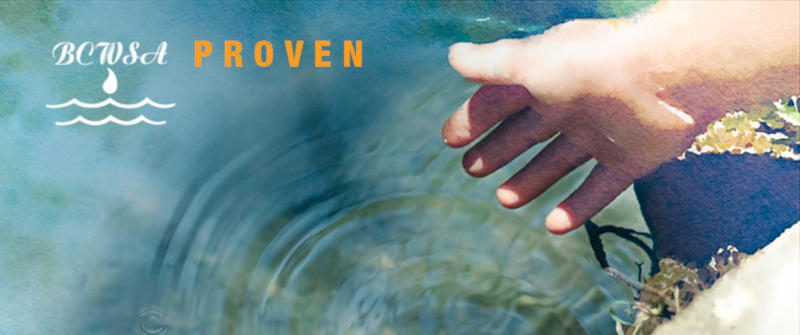Updated: April 24, 2015
The Clean Water Act does not authorize EPA to directly regulate nonpoint sources of pollution in rural or urban areas through the use of discharge permits. The regulation of nonpoint source pollution is left to state and local governments under state law.
The primary federal approaches to nonpoint sources are cost sharing and technical assistance through the U.S. Department of Agriculture and through EPA-funded state nonpoint programs under section 319 of the CWA. The present Administration’s 1995 CWA reauthorization proposals sought legislation for EPA to have backup authority to regulate nonpoint sources where states fail to act.
Reproduced courtesy from the Association of Metropolitan Sewerage Agencies (AMSA) –www.amsa-cleanwater.org. The Cost of Clean is also available on AMSA’s web site or by contacting AMSA’s National Office at (202) 833-AMSA.
